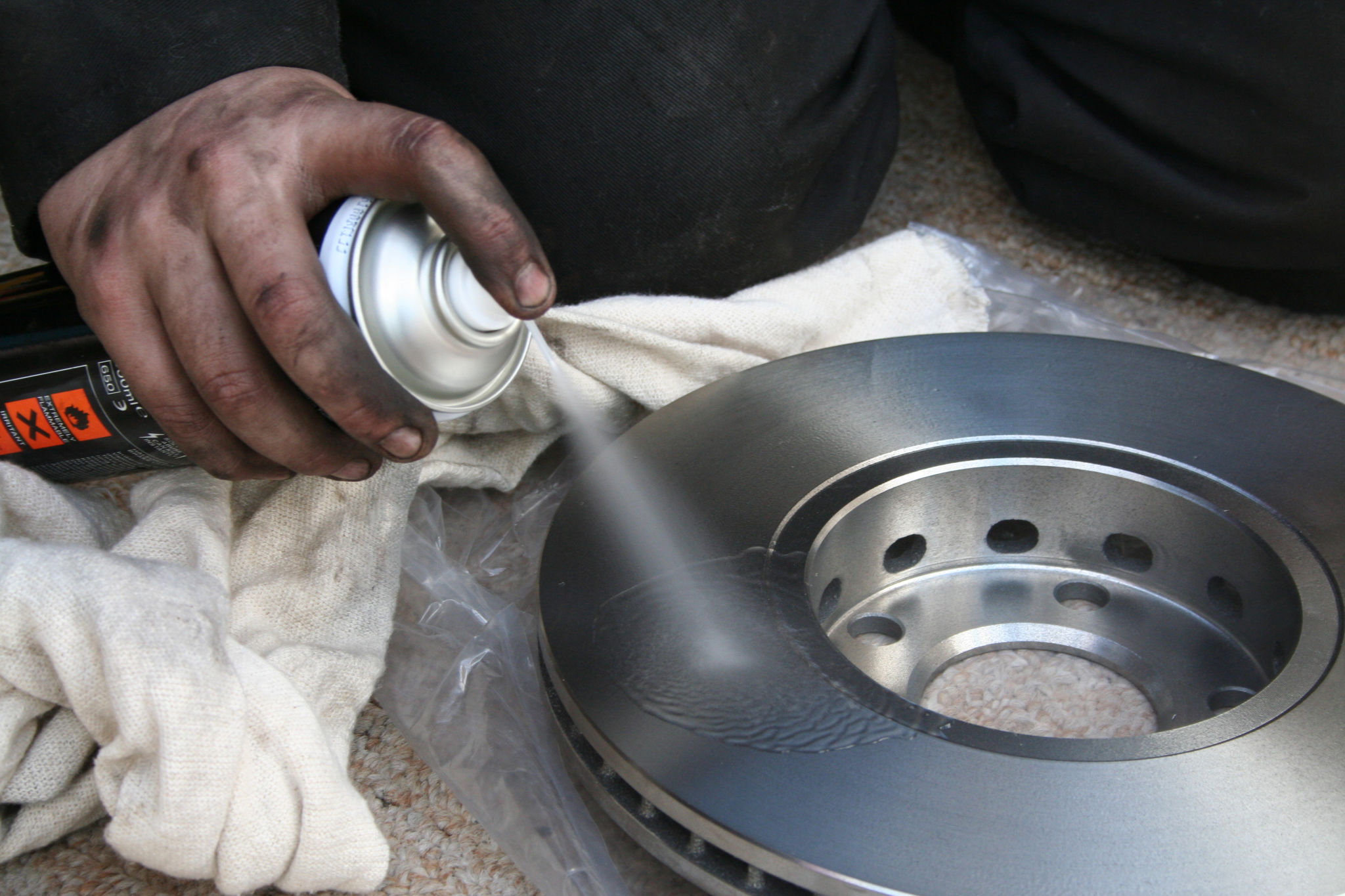Preventive Maintenance Tips to Avoid Emergency PC Repairs
Introduction to Preventive Maintenance
Computers have become integral to our daily lives, both personally and professionally. To ensure they continue to function effectively, preventive maintenance is key. Regularly attending to your PC can help avoid unexpected breakdowns and costly emergency repairs. This guide will explore some essential tips for maintaining your computer's health.

Keep Your System Updated
Updating your operating system and software is crucial for maintaining a healthy PC. Manufacturers release updates to patch security vulnerabilities, fix bugs, and enhance performance. By enabling automatic updates, you ensure your system is always running the latest versions, reducing the risk of malware and other security threats.
Software Updates
Regularly check for updates not only for your operating system but also for all installed applications. Many software programs offer auto-update features, which can be a convenient way to keep everything current without manual intervention.
Manage Disk Space
A cluttered hard drive can slow down your PC and lead to system crashes. Regularly clean out unnecessary files and uninstall unused programs. Utilize built-in tools like Disk Cleanup on Windows or third-party applications to free up space and optimize performance.

Organize Your Files
Keeping your files organized can prevent clutter and make it easier to find important documents when needed. Create a logical folder structure and regularly review your files to delete anything that is no longer necessary.
Regular Hardware Checks
Physical components of your PC also require attention. Dust accumulation can lead to overheating, which can damage internal parts. Regularly clean your computer's exterior and ensure that ventilation areas are clear.

Inspect Cables and Connections
Loose or damaged cables can cause connectivity issues or hardware failures. Periodically check all connections, especially if you frequently move your PC or peripherals. Replace any frayed or malfunctioning cables promptly.
Implement Strong Security Measures
Protecting your PC from viruses and malware is a critical aspect of preventive maintenance. Use reputable antivirus software and regularly scan your system for threats. Additionally, be cautious with email attachments and downloads from unknown sources.
Use Firewalls
A firewall acts as a barrier between your PC and potential threats from the internet. Ensure your firewall is enabled to provide an extra layer of security against unauthorized access.
Conclusion
By following these preventive maintenance tips, you can significantly reduce the likelihood of needing emergency PC repairs. Keeping your system updated, managing disk space, performing regular hardware checks, and implementing robust security measures will help maintain your computer's performance and reliability. A little effort in preventive care can save you time, money, and frustration in the long run.
